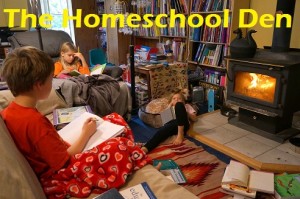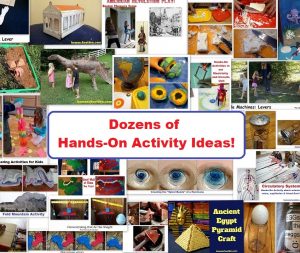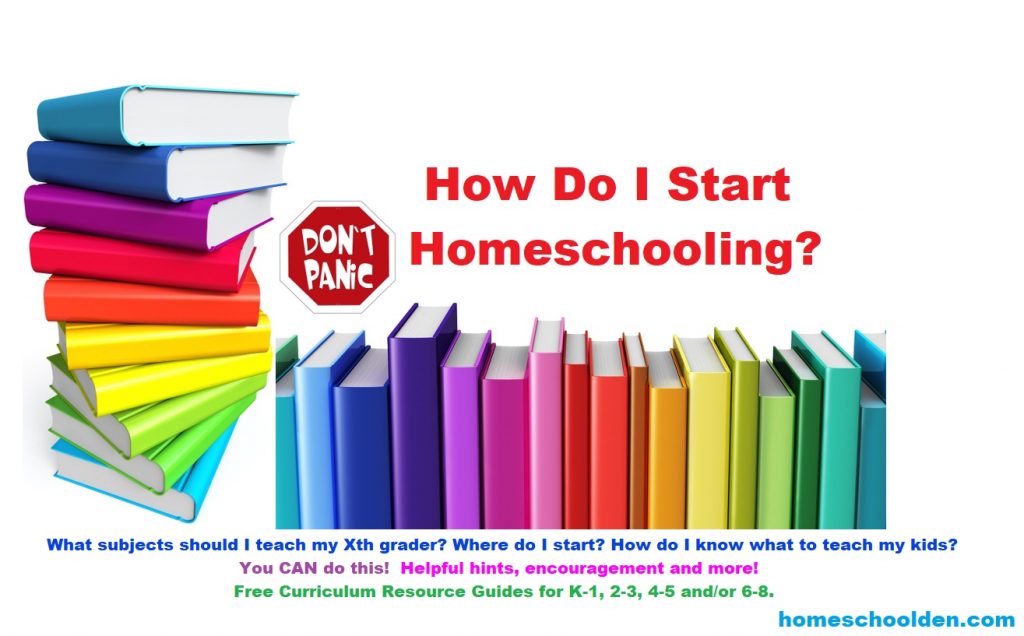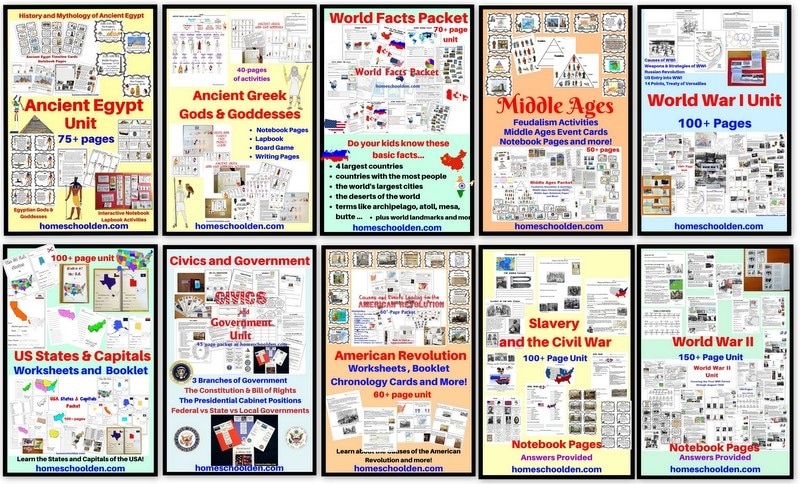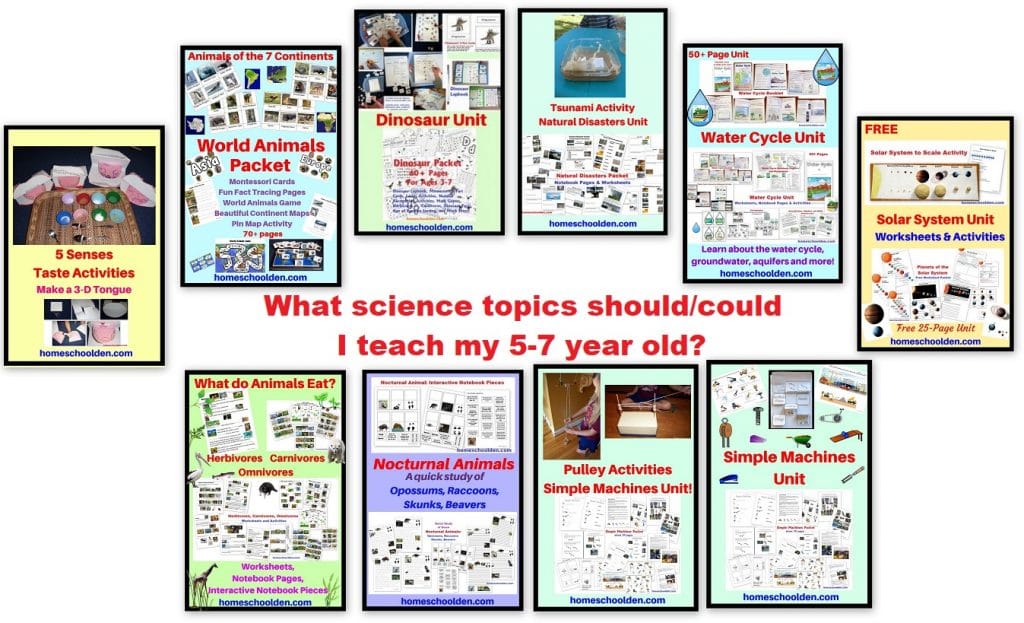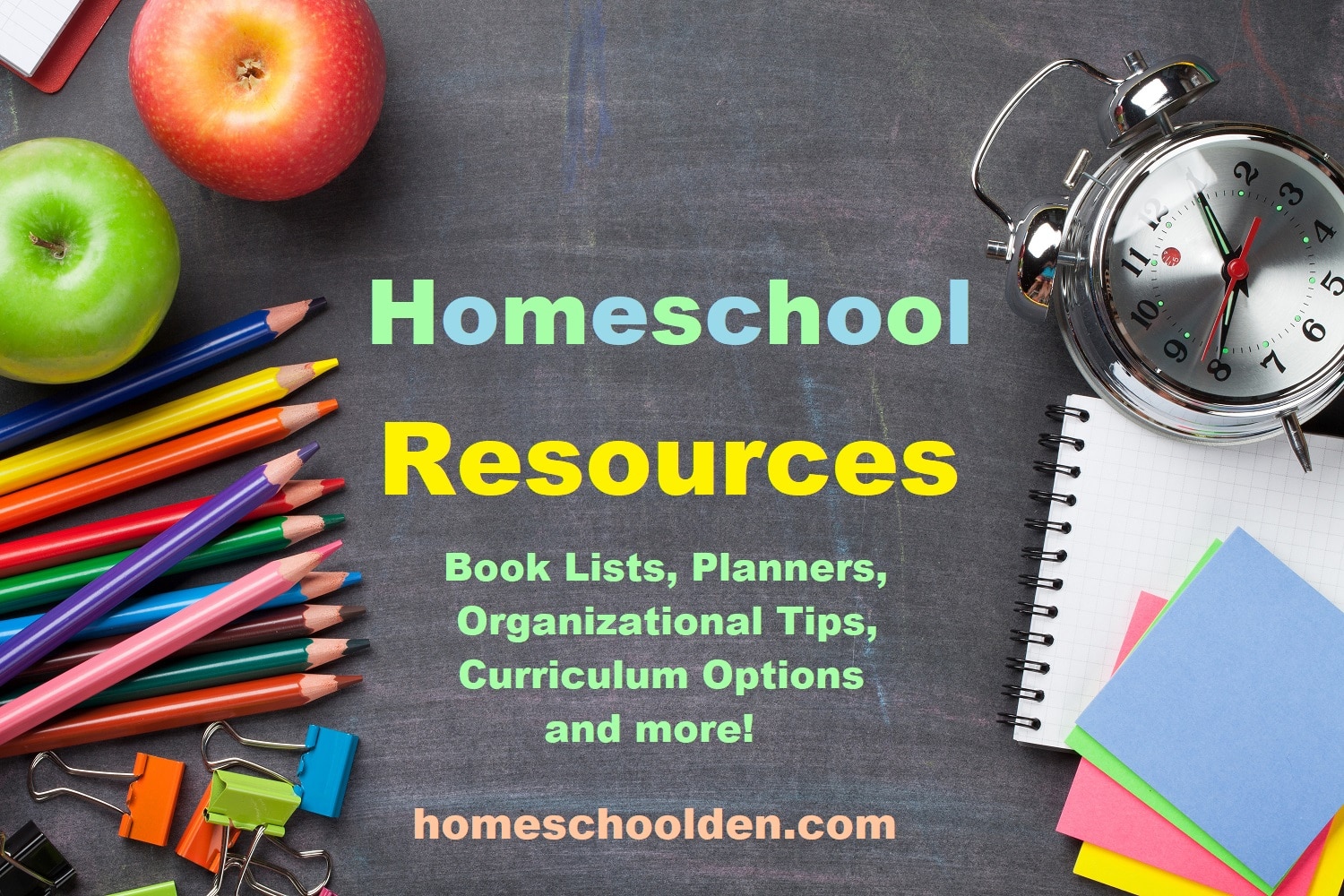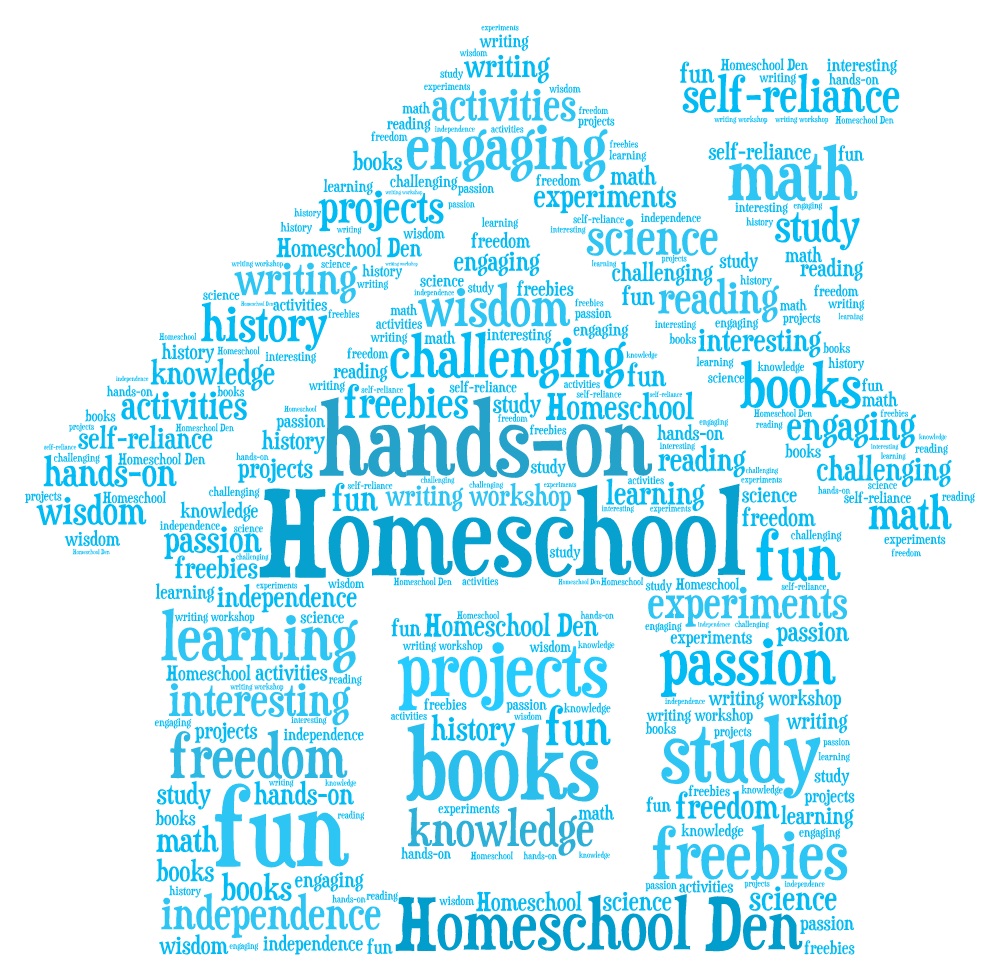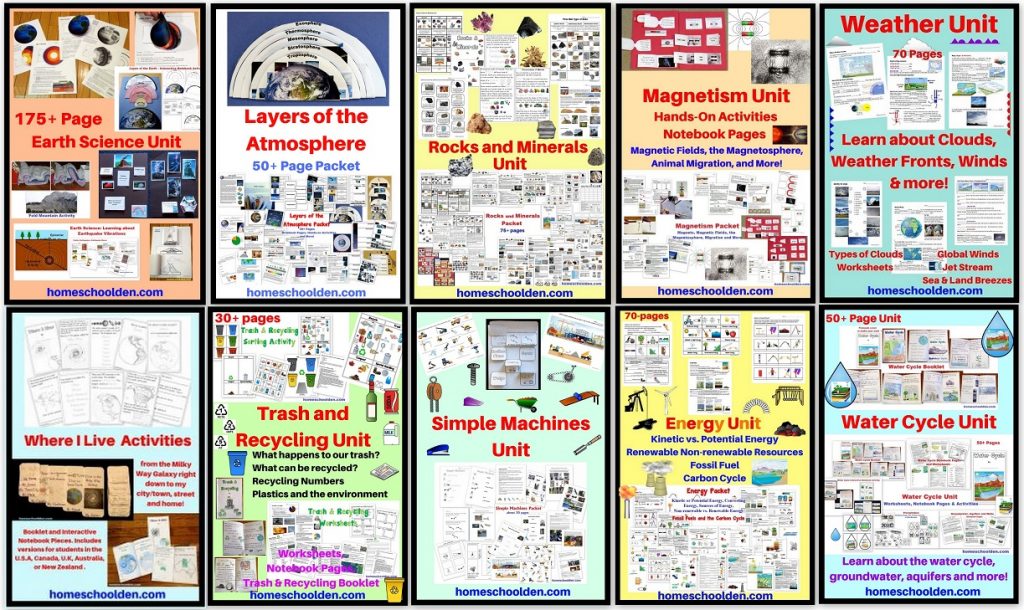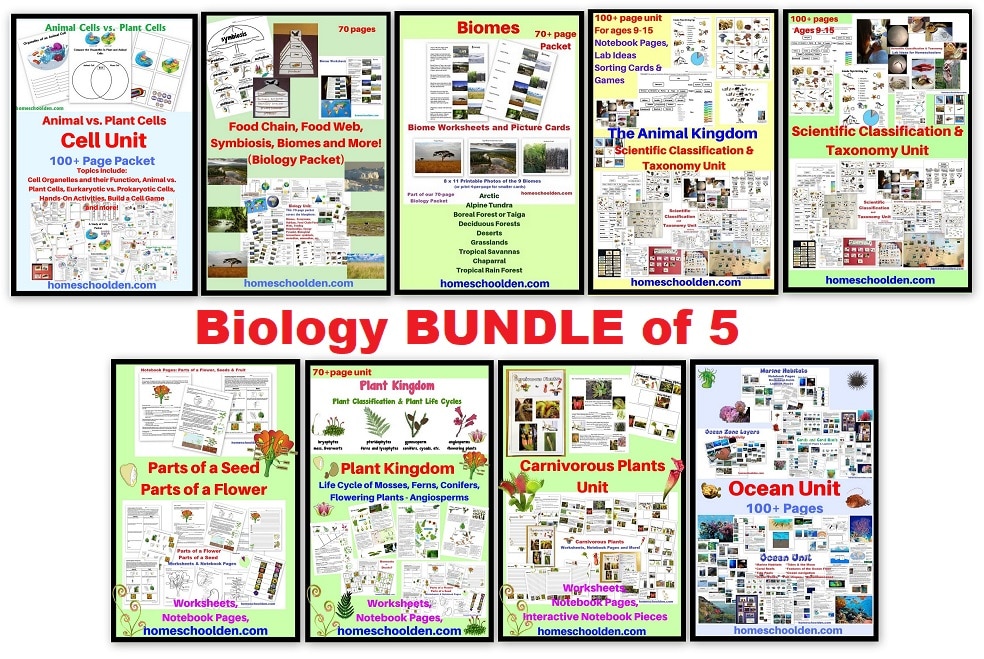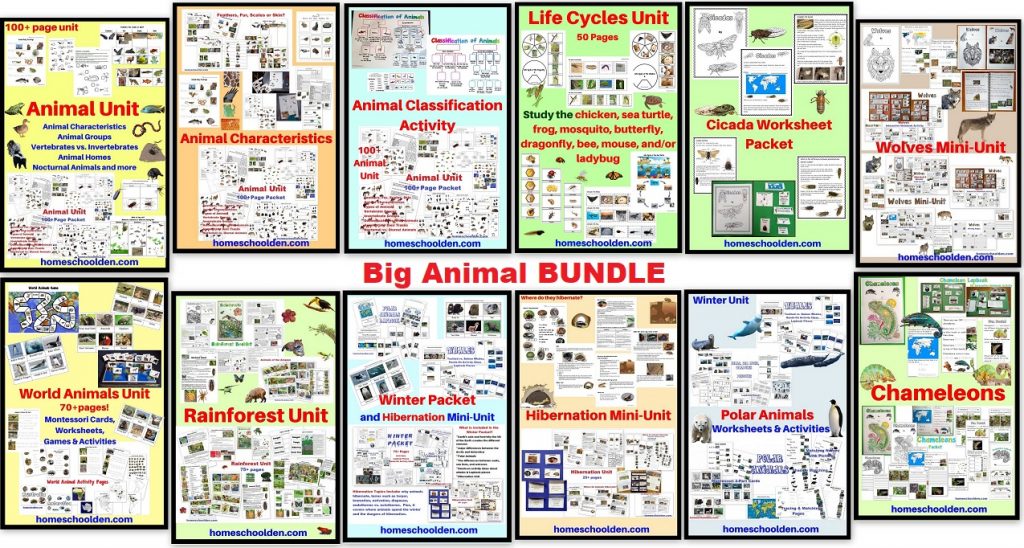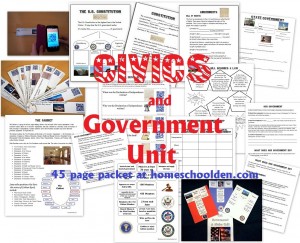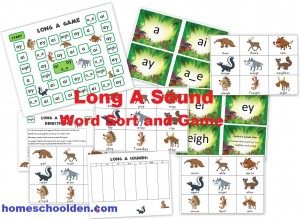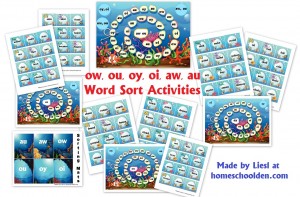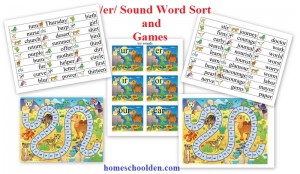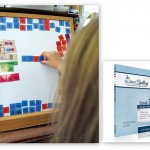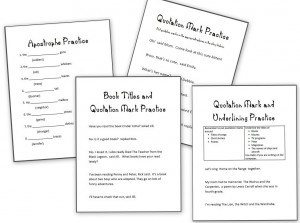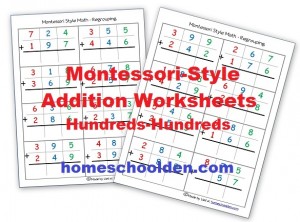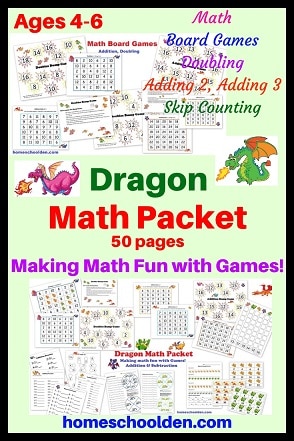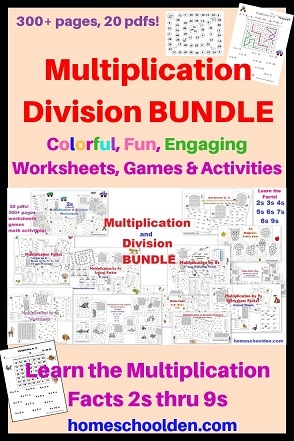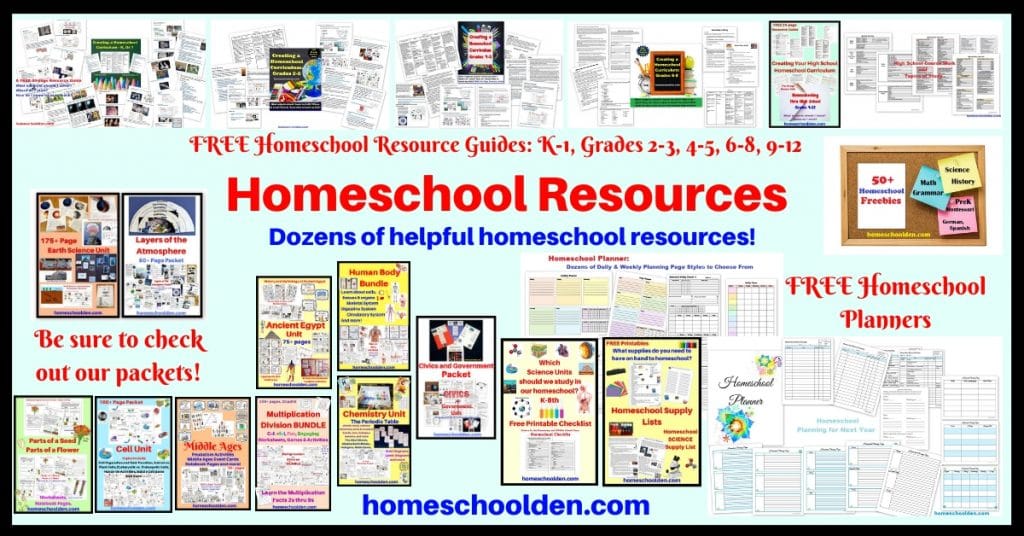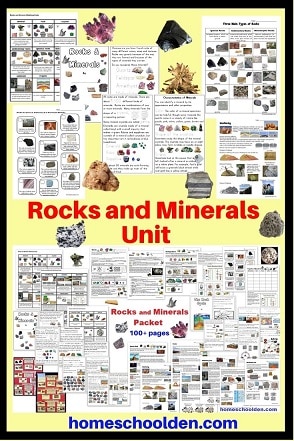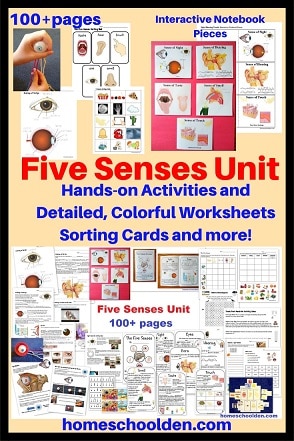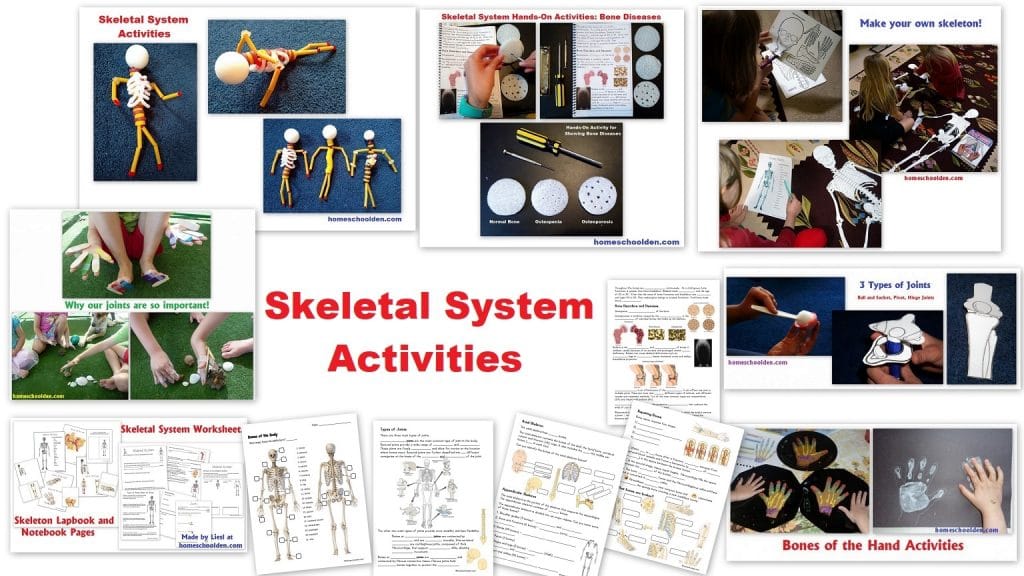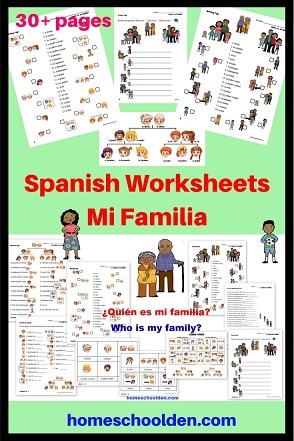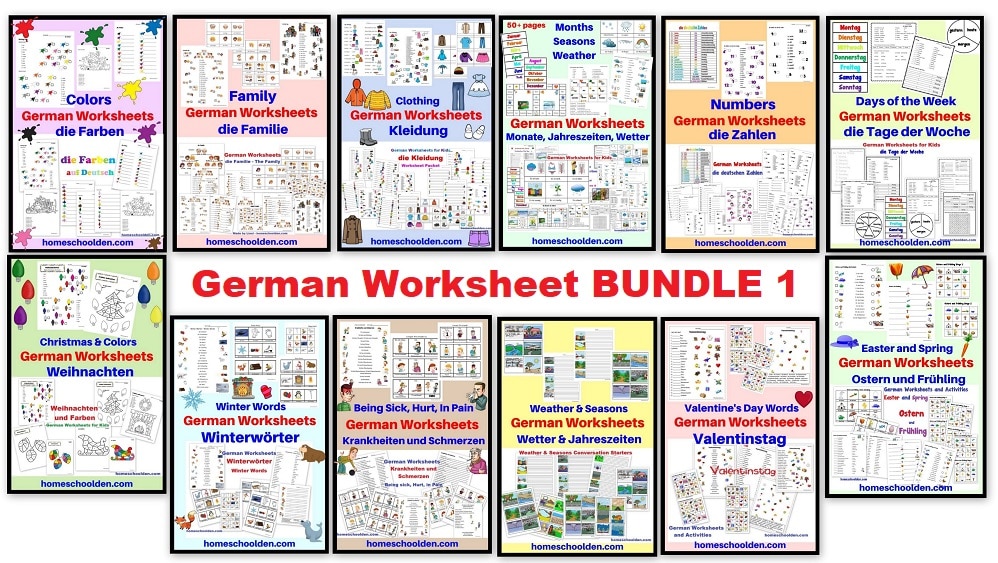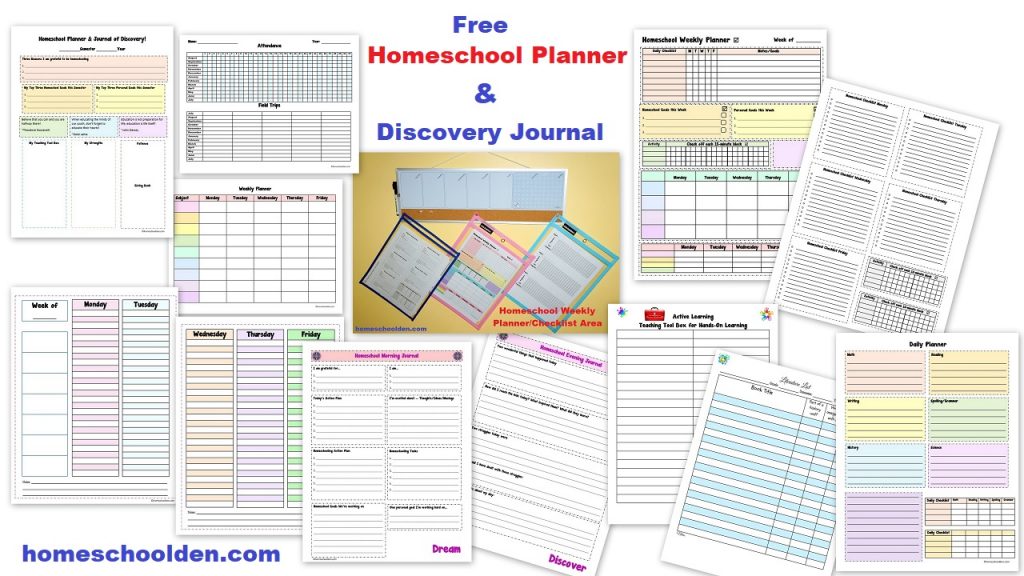Tools for Talking with Kids: Helping Kids Deal with Their Emotions
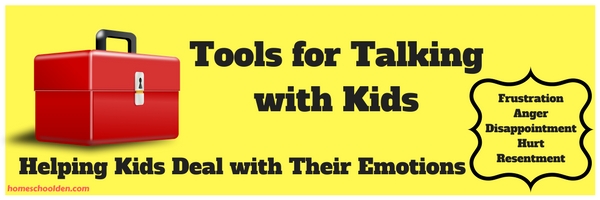
As homeschoolers, we are with our kids much more than the average family. I know that my kids can become grumpy, frustrated, angry, resentful… and wrestle with a wide array of emotions… often over the course of ONE day!!
The more tools and strategies we have to help our kids deal with their feelings, the better, right?
Have you read any of the books by Adele Farber an Elaine Mazlish? I really love How to Talk So Kids Will Listen & Listen So Kids Will Talk (affiliate link) and thought I would bring out some points from the first chapter. I highly recommend it! You can join in our discussion… or you can just read the post and see if any of these ideas resonate with you. 🙂
In the first chapter, the authors point out that there’s a direct connection between how kids feel and how they behave. So, how do we help kids feel alright? By accepting their feelings. At times though, we as parents might ignore the kids, brush their feelings aside, try to justify (the other person or what happened), give advice, ask (leading) questions… and/or generally try to be “helpful.” The problem with these tactics is that we’re not acknowledging the child’s feelings.
Can you think of a time when you denied the child’s feelings? Offered advice? Defended the other person? Peppered the child with questions to find out what “really” happened?
The authors offer this example: When children want something they can’t have, adults often respond with logical explanations about why they can’t have it. (It’s expensive. We don’t need it. It’s not good for you, etc.) Often the harder the parent tries to explain, the more frustrated the child becomes. Sometimes just having the parent understand (and acknowledge) how much the child wants something makes the reality easier to bear.
Or, when a child is really angry at another child, we focus on trying to figure out what went wrong or what the ‘real’ story is, rather than letting the kids explain things in their own terms. Often by listening (without jumping in with advice or asking lots of questions), kids will tell the story and come up with solutions on their own.
Take Away Pointers: How to Help Kids Cope with Strong Feelings:
• Listen with full attention.
• Acknowledge their feelings with a word: “Oh,” “Ahh…” “Mmm” “I see”
• Give feelings a name
• Give the kids their wishes in a fantasy.
I have read and re-read this books numerous times over the years. What I love about it is that the strategies work for any age… preschool right through pre-teens and teens! The chapters fly by and the cartoons are thought-provoking and useful.
This week, can you find an opportunity to stop completely, turn to your child and give them your full attention and really listen? What happens when you don’t comment and just say “ahh…” Does it help to give their feelings a name (anger, embarrassment, discouraged, resentment, frustration) and/or to say… “I bet you wish you…”
What strategies work for you when your kids are extremely upset, angry, or frustrated with something (or someone)?
And just a few thoughts from me…
What do I do when the kids are angry with one another? are bickering non-stop? are in a place where they are so upset they just can’t focus on school stuff?
Often I follow similar steps to that given in How to Talk So Kids Will Listen and Listen… I try to separate the kids from one another – in a neutral way. I’ll say, “boy you both look angry. Let’s get some space and I’ll come talk with both of you.” It may take a moment, but usually they’ll head off (or I’ll tell them where to go… again, not in a mean why. I try to be compassionate and emotion free.) Then, I sit down with one of them. Sometimes I don’t even say anything but will put my hand on her/his knee or offer a hug. I try to let the conversation unfold at their pace. And also, since I’ve read this book a number of times, I know that I do some of the strategies suggested in the book. Like, I’ll say, “You sounded SO angry, right?” “I could hear a lot of yelling…” or “You sound so angry you could throw her book out the window…” I really try not to make any commentary on the argument itself, but try to listen to the feelings. Once I’ve had a chance to talk to one child, then I will make my way to the other to listen to the other.
In general, I try to keep the dialogue about anger, frustration, lack of patience open with the kids. There are times when I too am angry, frustrated or tired and grumpy. When I know my patience is razor thin, I’ve taken to warning the kids… I’ll tell them that I’m really tired (or in a bad mood) and that I know that my head will explode (my way of saying that I might snap at them and might not be as patient as I should be.) Or I’ll apologize and tell them I’m not sure why, but I am extremely grumpy today.
Okay – so clearly I’m no angel all the time, right? What I want the kids to know is that all of us get angry (or grumpy, frustrated or impatient), but what is important is that we know that about ourselves. That we acknowledge our own feelings. And, that we don’t say anything that hurts anybody else when we are in those moods.
If I do lose my cool, I apologize. And I talk about it later too. I talk about how I could have handled myself better, given myself more grace, stepped back or stepped away for a few minutes, not jumped before taking a moment. I talk about how we are all a work in progress, not perfect but striving to be better.
I’ve noticed that the kids will also give the rest of us some warning when they are grumpy. And they’ll ask for space when they need it. They are really lovely about apologizing to one another – often without prompting from me.
I think I would add to the take away pointers… My own pointer would be to keep the dialogue with the kids open.
Kind of on that note, I find that spending time talking with the kids at night while they’re lying in bed so often provides a good space to talk about all these deep things. There’s something about it being dark, being relaxed that just allows the conversation to explore some of these complex issues – feelings & emotions, the future… all that!
Anyway, I just thought I would share this here on the blog as well. Being a parent can be really tough… and we can all add new strategies to our parental toolbox, right?
Part of the reason I was re-reading this book (and all this was on my mind) is that a friend told me they also have another book called How to Talk So Teens will Listen and Listen so Teens Will Talk. (affiliate link) I ordered it last week and will let you know how it is once I’ve read it through! 🙂
Again, if you want to join in the discussion, you can find out more about the Homeschool Den Chat FB group here.
Disclosure Notice: Again, I want to point out that the link to How to Talk So Kids Will Listen & Listen So Kids Will Talk is an affiliate link. That means that if you decide to make a purchase, at no additional cost to you, I will earn a commission if you decide to make a purchase. If you decide to follow the link, thank you! ~Liesl
